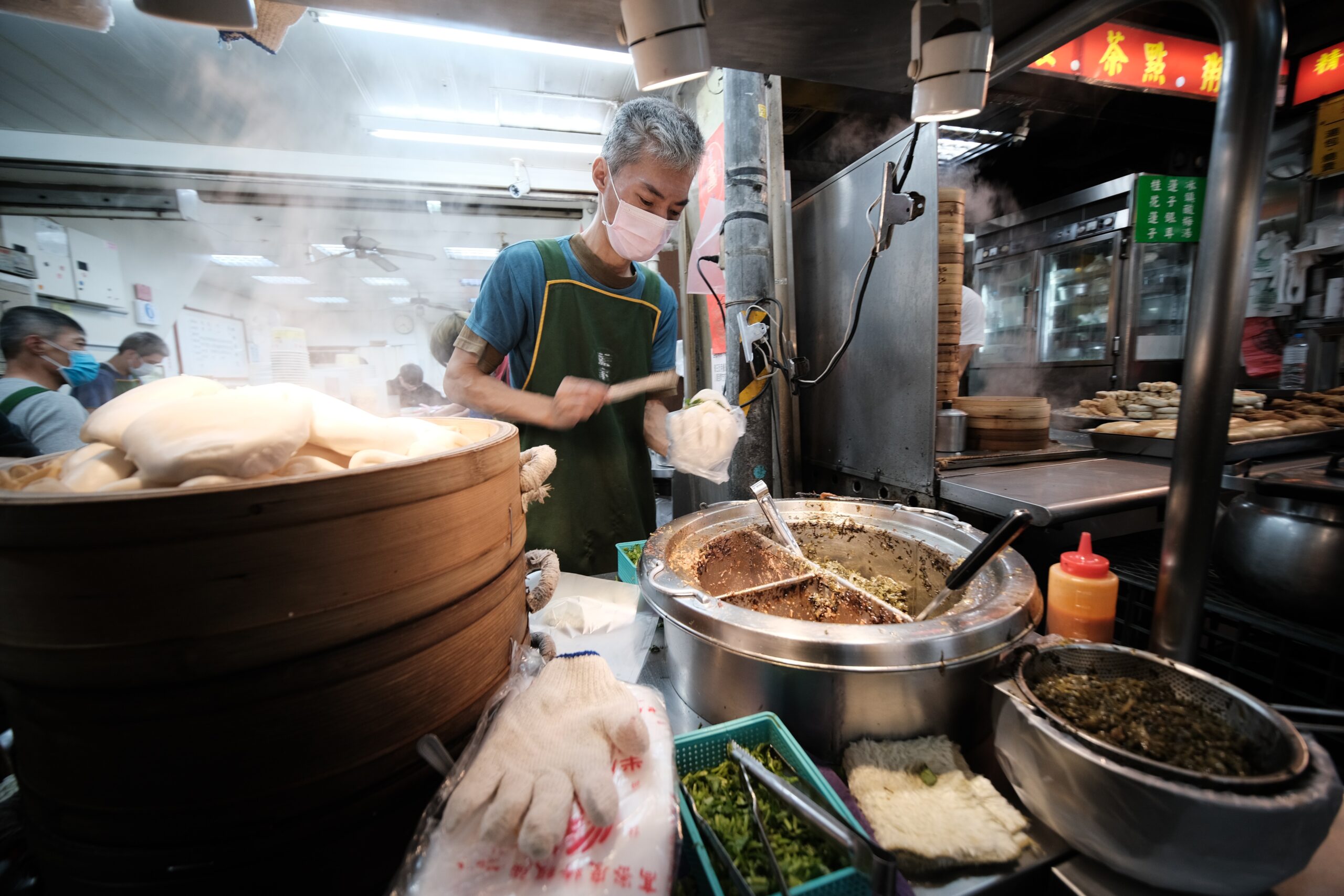In a world where travel and food are increasingly intertwined, food and culinary travel have emerged as exciting ways to explore different cultures and satisfy our gastronomic cravings. Food tourism, with its focus on gastronomic experiences and culinary exploration, offers a delectable journey that engages all our senses. In this article, we will delve into the world of food and culinary travel, from savoring local cuisines and visiting vibrant food markets to embarking on wine tasting tours and learning traditional cooking techniques. So, fasten your seatbelts and get ready for a mouthwatering adventure!

Gastronomic Experiences: A Feast for the Senses
- Food goes beyond sustenance; it’s a cultural expression revealing a community’s history and way of life.
- Gastronomic experiences offer immersive journeys into diverse flavors, textures, and aromas, not just eating.
- Each bite narrates a story, unveiling a region’s unique cultural tapestry, be it Indian spices or Italian pasta.
- Embracing these experiences nurtures an appreciation for culinary traditions passed down through generations.
Culinary Exploration: Unveiling Local Cuisine
- Exploring local cuisine during food travel is a highlight offering distinct flavors and specialties unique to each region.
- Each place is shaped by geography, climate, and cultural influences, impacting its culinary offerings.
- Whether it’s Bangkok’s fiery street food or delicate French pastries in Paris, culinary exploration reveals culture’s essence.
- It invites us to step out of our comfort zones and embrace new culinary adventures.
Local Food Scene
To truly immerse ourselves in the local food scene, visiting food markets is a must. These bustling hubs offer a sensory feast of colors, aromas, and flavors, showcasing the freshest local produce and ingredients. From vibrant spice markets in Marrakech to bustling seafood markets in Tokyo, these culinary meccas provide a glimpse into the daily lives of locals and offer a chance to taste and purchase ingredients unique to the region.
Another way to deepen our culinary knowledge is by participating in cooking classes.
- Culinary classes offer hands-on experiences taught by expert chefs in Italy and Bangkok.
- They teach the secrets of traditional dishes and impart insights into local cooking techniques.
- Learning how to cook traditional meals lets us understand a region’s cultural significance.
- It’s an opportunity to bring a part of the culinary heritage back home.
- We can recreate the flavors of our travels in our own kitchens, reminiscing about our experiences.
Michelin-Starred Restaurants: Fine Dining Extravaganza
For those seeking a refined dining experience, Michelin-starred restaurants are the epitome of culinary excellence. These establishments, recognized and celebrated by the prestigious Michelin Guide, offer a gastronomic journey like no other. With their meticulously crafted menus, innovative techniques, and exceptional service, Michelin-starred restaurants push the boundaries of culinary artistry.
Dining at a Michelin-starred restaurant is not just about the food; it’s an immersive experience that engages all the senses.
- Each dish’s exquisite presentation and the precise wine pairings create a memorable dining experience.
- Michelin-starred restaurants offer food and wine enthusiasts an extraordinary culinary adventure.
- The attention to detail in these restaurants leaves a lasting impression on diners.
Wine Tasting Tours: A Journey through Vineyards
Food and wine are inseparable companions, and wine tasting tours provide a delightful journey through vineyards, allowing us to explore the fascinating world of winemaking. Wine regions around the globe offer scenic landscapes, charming vineyards, and cellar doors ready to welcome visitors into the art of wine tasting.
During these tours, we have the opportunity to taste a variety of wines, from crisp whites to full-bodied reds, and learn about the intricate process of winemaking. Winemakers and sommeliers guide us through the flavors and characteristics of different grape varieties, the influence of terroir, and the art of wine appreciation. Understanding the nuances of wine not only enhances our dining experiences but also deepens our understanding of the cultural significance of wine in different regions.
Farm-to-Table Dining: Savoring Freshness and Sustainability
In recent years, the farm-to-table movement has gained significant traction, emphasizing the importance of sourcing locally and sustainably produced ingredients. Farm-to-table dining allows us to savor the freshness of ingredients while supporting local farmers and promoting sustainable practices. From organic vegetable gardens to ethically raised livestock, farm-to-table restaurants celebrate the connection between food, nature, and community.
By dining at farm-to-table establishments, we not only enjoy flavorful and nutritious meals but also contribute to the conservation of the environment and the well-being of local farming communities. It’s a conscious choice that aligns our culinary adventures with the principles of sustainability and ethical consumption.
Culinary Festivals: Celebrations of Flavor
Culinary festivals offer a unique opportunity to immerse ourselves in the vibrant world of food and celebrate the flavors and traditions of a community. These festivals showcase a rich tapestry of culinary delights, from street food extravaganzas to high-end culinary showcases. It’s a chance to mingle with locals, sample a wide range of dishes, and partake in cultural celebrations centered around food.

From the Tomato Festival in Spain, where participants engage in friendly tomato fights, to the Chocolate Festival in Belgium, where chocolatiers showcase their finest creations, culinary festivals captivate our senses and invite us to indulge in the joy of food. These events are not only an excellent opportunity to satisfy our gastronomic cravings but also a way to gain insights into the cultural significance of food and its role in fostering community bonds.
Culinary Destinations: Foodie Hotspots
Certain destinations have gained reputations as foodie hotspots, drawing travelers from around the world who are eager to explore their culinary offerings. These places are a haven for food enthusiasts, offering a wide range of culinary experiences, from street food stalls to high-end restaurants. Exploring renowned culinary destinations allows us to dive deep into the local food scene, discover hidden gems, and indulge in regional specialties.
Cities like Tokyo, known for its exceptional sushi and ramen, or Paris, renowned for its exquisite pastries and world-class cuisine, offer endless opportunities for food and culinary exploration. These destinations are not only characterized by their delicious offerings but also by their vibrant culinary cultures and heritage. By embarking on a culinary adventure in these hotspots, we immerse ourselves in the local gastronomy, experiencing the essence of a culture through its food.
Food Tours: Guided Journeys for Food Enthusiasts
For those seeking a curated and immersive culinary experience, food tours provide the perfect solution.
These guided journeys take us on a whirlwind adventure through the best local eateries, food markets, and foodie hotspots of a destination. Led by knowledgeable guides, these tours offer insider access to hidden culinary gems and the chance to taste a variety of dishes that represent the culinary diversity of the region.
Whether it’s a street food tour in Bangkok, a tapas crawl in Barcelona, or a sushi tasting in Tokyo, food tours expose us to the culinary highlights of a destination while providing valuable insights into the history, culture, and traditions behind each dish. It’s an opportunity to connect with like-minded food enthusiasts, learn from local experts, and create lasting memories through shared culinary experiences.
Food and Wine Pairing: A Symphony of Flavors
Food and wine pairing is an art form that elevates the dining experience, allowing us to explore the harmony of flavors and textures.
- Food and wine pairing is an art elevating dining experiences, harmonizing flavors and textures.
- The right combo enhances both food and wine, creating a symphony of flavors on our palates.
- Pairing a robust red wine with a juicy steak or a crisp white with delicate seafood enriches culinary adventures.
Understanding the principles of food and wine pairing enhances our ability to appreciate the nuances of both. Factors such as acidity, sweetness, and body come into play when selecting the perfect pairing.
Traditional Recipes: Culinary Time Travel
Traditional recipes serve as gateways to the past, allowing us to embark on a culinary time travel journey. These recipes have been handed down through generations, preserving the cultural heritage and culinary traditions of a community.
Traditional recipes are often deeply rooted in local ingredients, techniques, and cultural practices.
- Culinary treasures like Italian pasta-making and generational curry recipes connect us to our collective heritage.
- They foster a sense of belonging, bridging us with our past traditions and flavors.
- Preserving these recipes ensures the continuation of enjoying our ancestors’ stories and tastes for future generations.
Culinary Heritage: Nourishing the Past and Present
Food is a powerful medium for preserving cultural heritage and nourishing our past and present. Culinary traditions serve as a link between generations, carrying forward the stories, values, and customs of a community. Exploring culinary heritage allows us to appreciate the cultural significance of food beyond its flavors and textures.

By embracing culinary heritage, we not only celebrate the diversity of our world but also contribute to its preservation. Preserving local culinary traditions, through patronizing family-owned restaurants.
learning traditional cooking methods, safeguards invaluable cultural treasures for future generations.
Food Souvenirs: Tasteful Memories
- Collecting food souvenirs during culinary adventures brings a taste of travel home, creating delightful mementos.
- Edible keepsakes share journey flavors and stories with loved ones, fostering connections through shared experiences.
- Exotic spices, artisanal chocolates, local honey, and unique condiments evoke memories through the universal language of food.
- These edible treasures become tangible connections to our travels, allowing us to share cultural experiences through flavors.
Food souvenirs also provide an opportunity to support local producers and artisans. By purchasing these products, we contribute to the local economy and help sustain traditional culinary practices.
Conclusion
Food and culinary travel offer a passport to exploring the world through the senses. From indulging in gastronomic experiences and unraveling the secrets of local cuisine to embracing culinary traditions and savoring regional specialties, these journeys ignite our taste buds and nourish our souls. Through food, we connect with people, cultures, and traditions, fostering understanding and appreciation for the richness and diversity of our world. So, pack your bags and embark on a flavorful adventure that will tantalize your taste buds and broaden your horizons.
FAQs:
Food tourism refers to the act of traveling to different destinations with the primary purpose of experiencing and exploring the local food and culinary offerings.
There are several renowned culinary destinations around the world. Some examples include Tokyo, Japan for its sushi and ramen; Paris,
Farm-to-table dining emphasizes the use of locally sourced, fresh, and sustainable ingredients in restaurant menus.
Preserving culinary heritage is crucial as it helps maintain cultural identity, traditions, and history. Culinary heritage carries the stories, customs, and values of a community, and by keeping these traditions alive.
Food and wine pairing involves selecting complementary flavors and textures between food and wine to enhance the dining experience.
Must Read: Family Travel: Creating Unforgettable Memories Together

